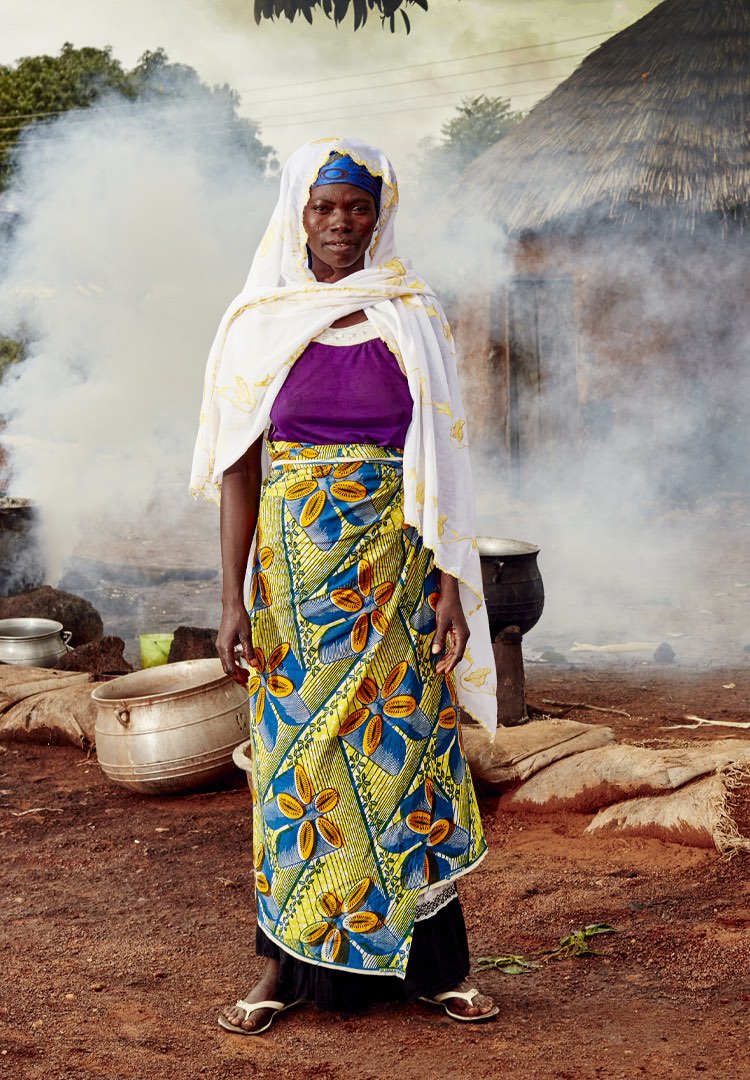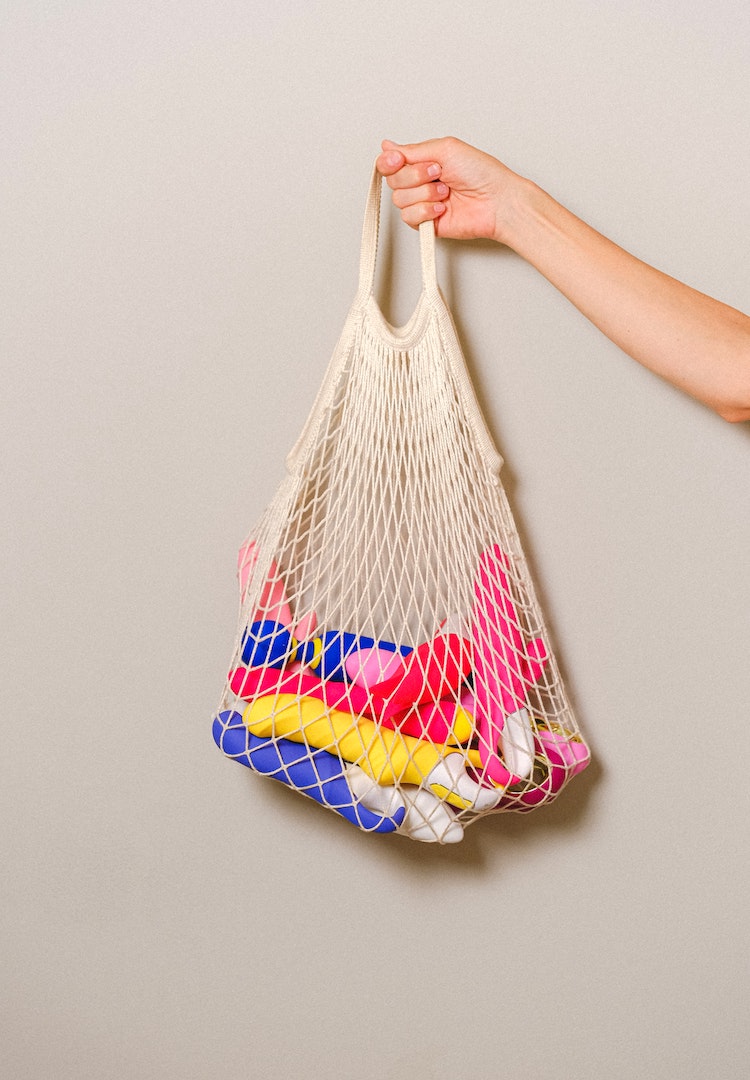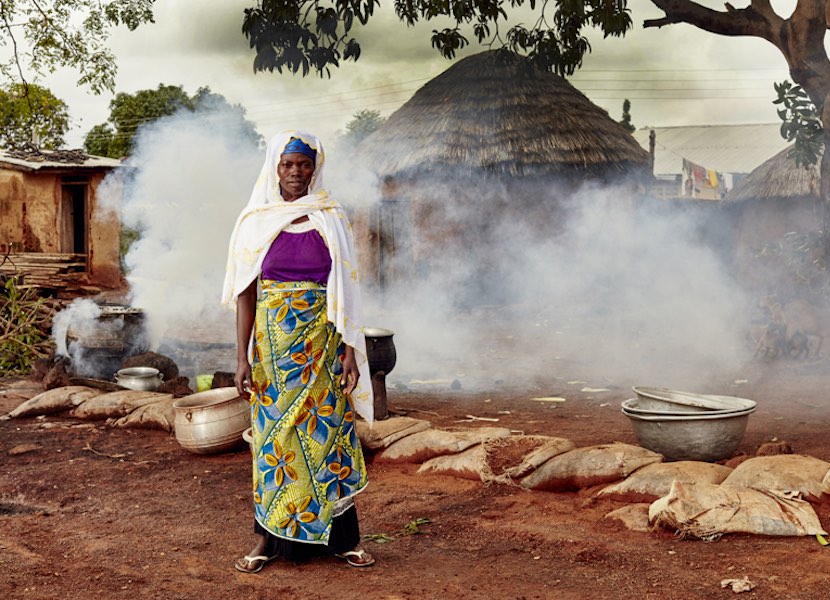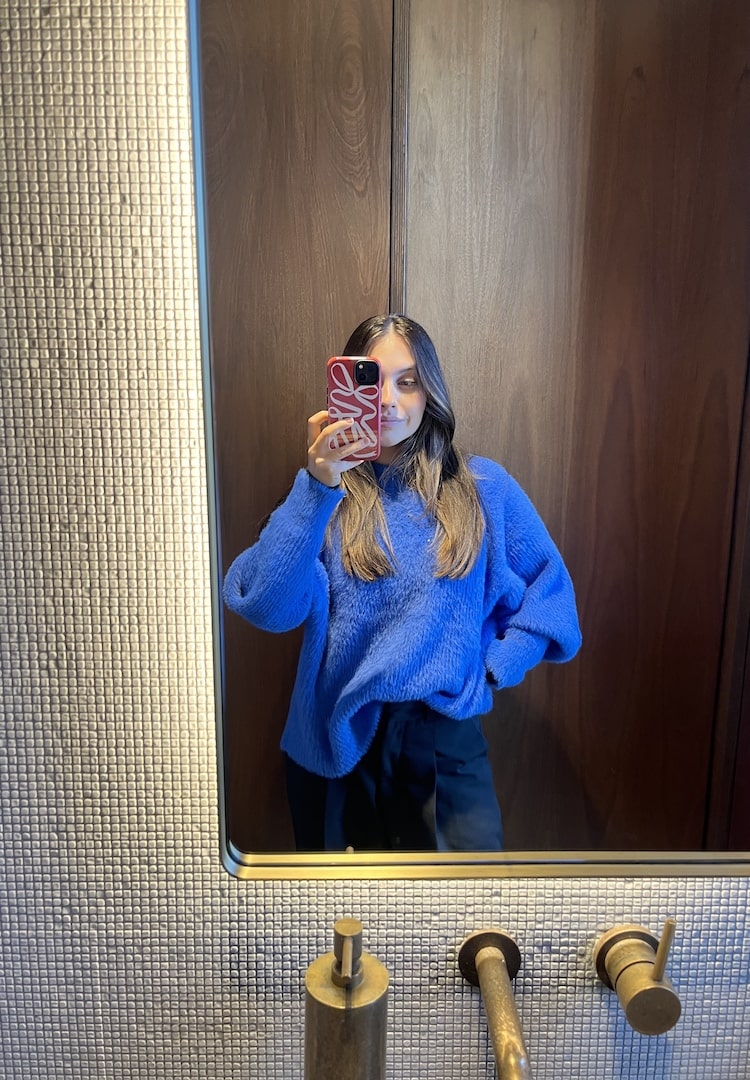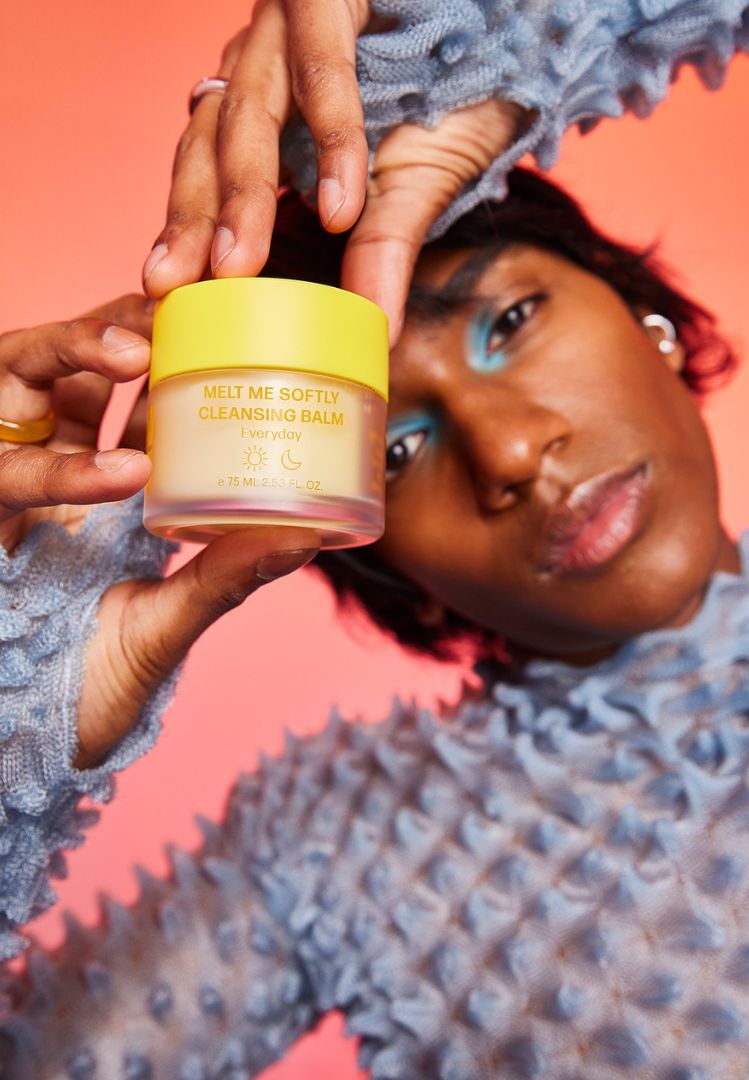What exactly does ‘certified fairtrade’ mean?
IN PARTNERSHIP WITH the body shop
Words by Kate Streader
With consumerism peaking over the gift-giving season, we take a look at how to shop more ethically.
Certified Fairtrade is a term you’ll have encountered if you’ve ever decided to shop ethically. You’ve almost certainly come across the Fairtrade Mark in the tea and coffee aisle of your local supermarket or on the packaging of a block of chocolate.
But what does Fairtrade actually mean and how does it work? Fairtrade operates in 71 developing countries across the world which grow, produce and export covetable products including sugarcane, nuts, bananas, coconuts, ginger, cotton, and common skincare and cosmetics ingredients like shea butter and argan oil, quinoa and vanilla.
Interested to hear how others navigate the world? Head to our Life section.
It’s an independent system that seeks to ensure farmers and workers are paid properly for their products, are working in safe conditions where they are afforded fundamental worker’s rights, and their products are created in a sustainable manner with minimal impact on the environment.
Every product and industry that falls under the Fairtrade system has its own set of comprehensive standards which must be met in order to receive certification. Basically, this system ensures that growers and producers aren’t exploited for their products and resources when working with companies in developed countries.
It protects against things like child labour, modern slavery, poverty and the use of harmful pesticides, which can be hazardous to both the health of workers and the environment. It also provides a safeguard against market fluctuations by locking in a minimum price that workers must be paid for their products, no matter how much it is being sold for.
So, if the overseas market where their products are being sold falls, they aren’t negatively affected. But, if the prices rise, they reap the benefits. There is then a premium, on top of that, which is a fixed additional amount of money that workers and farmers can invest back into their businesses and communities how they see fit.
Not only does Fairtrade benefit producers, but it provides transparency to consumers regarding how products were made and how the farmers and workers who produced the items were treated and paid, so they can make informed decisions when shopping.
So, if you’re looking to gift ethically this Christmas, or just want to shop better for the planet and producers every day, opting for products certified with the Fairtrade Mark is a great place to start. In 1987, The Body Shop launched its own program, Trade Not Aid, which has since been renamed Community Fair Trade, to expand the ethos of Fairtrade with a more personal approach.
Community Fair Trade is the largest fair trade program in the cosmetics industry. Although, unlike Fairtrade, it’s not an independent system, Community Fair Trade is independently checked and verified by the fairtrade assessment agency, ECOCERT, to regularly audit The Body Shop and its suppliers to ensure the program’s standards are being met and total transparency is maintained.
The program connects the business with producers to foster mutually-beneficial, long-term relationships. This means that workers are paid and treated fairly and The Body Shop has access to premium ingredients and materials sourced and crafted using traditional techniques. Community Fair Trade spans 19 supplier groups across 15 countries and includes over 13,500 farmers, artisans and producers – over 60 per cent of which are women.
With Christmas fast approaching, consumerism is ramping up. And while you should always shop mindfully, The Body Shop is encouraging people to consider three questions before buying over the Christmas season: Who made it, and were they paid fairly? How were the ingredients or materials sourced? And how long will this item last?
Because giving shouldn’t mean taking from someone else. A thoughtful gift is one that benefits everyone involved, not one that negatively impacts the earth or lines the pockets of billionaires who exploit their workers. This year, The Body Shop is issuing a free publication titled New Times, which you can access online or in print (available in-store and at The Body Shop’s pop-up newsstands), celebrating the positive social impacts of Community Fair Trade to encourage a more thoughtful approach to Christmas.
Through New Times, you can learn about the people who made the products on The Body Shop’s shelves – their names, where they live and work and how Community Fair Trade impacts their livelihood. Every single product in The Body Shop’s Christmas range contains ingredients and materials sourced from these farmers and producers, spanning shea butter from Tungteiya Women’s Association in Tamale, Ghana to coconut oil sourced by Women in Business Development Inc in Samoa, and a huge list of other vital ingredients from all over the world.
The program also encompasses sustainable, ethically-sourced packaging, including paper from a Nepal-based organisation, Get Paper Industry, and plastics from Plastic For Change in Bengaluru, India. New Times also provides tips on how to shop ethically, ways to cut down on waste over the Christmas period and how to be a better consumer.
And while these are all practices you should embrace year-round, if you can implement them during the peak shopping season, it will feel a lot easier to shop more mindfully once the pressures of Christmas gifting have waned.


